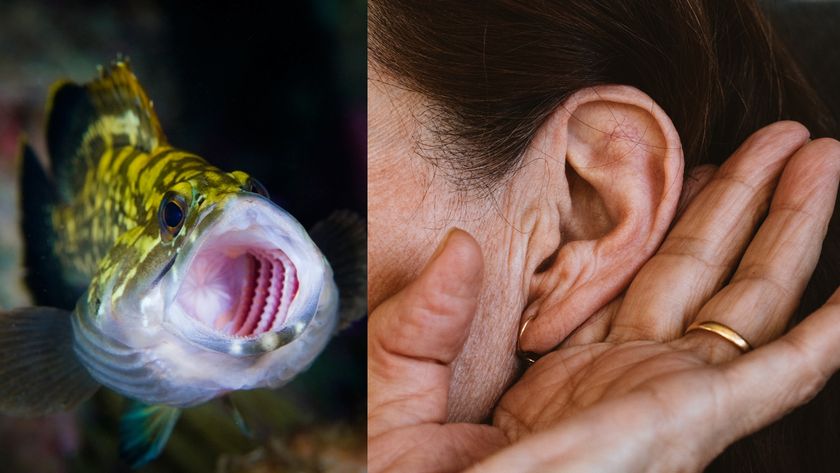Study: Stress Isn't Hot

Stress makes its mark on the female face, according to a new study that finds men judge women with high levels of a stress hormone less attractive.
The finding is a gender turnaround on previous research that has found that women go for low-stress guys, too. Stress can suppress fertility, said study researcher Markus Rantala, a professor of biology at the University of Turku in Finland. Thus, Rantala told LiveScience, it's no surprise that both men and women might have evolved to prefer chilled-out faces.
But the new study does suggest one intriguing gender difference: Men weren't more attracted to women with stronger immune systems, another factor that can show up in facial features. Even so, previous research on men's judgments of beauty has found that women prefer guys with strong immune responses.
"Our major finding is a little bit of a disappointment for us, because we didn't find that immunology is linked to attractiveness in women," Rantala said. [Busted! 6 Gender Myths in the Bedroom and Beyond]
Judgments of beauty are both cultural and individual, but psychologists and biologists find that humans the world over tend to agree on a few things. For example, men prefer younger women to older women, and neither men nor women tend to prefer people who look sick or diseased, Rantala said. The evolutionary drive to reproduce likely pushes people toward looks that indicate health and fertility.
Studies on women's perceived attractiveness and their health have been mixed, however, Rantala said. He and his colleagues asked 52 Latvian women to have the photographs of their faces taken during fertile times in their menstrual cycles. The women also received a hepatitis B vaccination. A month before and after the shot, the researchers took a blood sample to measure the women's hormones and antibodies, immune proteins that help the body defend against foreign invaders. The researchers also measured the women's body-fat percentages.
Next, 18 men rated the photographs of the women's faces for attractiveness on a scale of 0 to 11. The results revealed that the prettiest faces didn’t necessarily belong to the women with the strongest immune response — but the women with the lowest levels of the stress hormone cortisol were consistently ranked as hotter.
Sign up for the Live Science daily newsletter now
Get the world’s most fascinating discoveries delivered straight to your inbox.
Body fat was also linked to attractiveness, such that the thinnest and fattest women were seen as the least attractive. As with stress, both obesity and being underweight can cause fertility problems, Rantala said, which could explain the finding.
Men may not cue into women's immune strength the way women cue into men's because of different reproductive strategies between the sexes. For men, reproduction is relatively cheap, so the goal, evolutionarily speaking, would be to have as many offspring as possible. For women, who have to gestate their offspring, giving each baby the best chance to survive to adulthood is far more important. The sex difference could explain why women might be more alert to facial signals of a strong immune system in a potential mate.
The researchers note to measure immunity they looked only at antibodies, which make up just one factor for immune response; the prettier women may have had immune advantages the researchers couldn't measure.
Rantala and his colleagues report their findings today (May 21) in the journal Biology Letters.
Follow Stephanie Pappas on Twitter and Google+. Follow us @livescience, Facebook & Google+. Original article on LiveScience.com.

Stephanie Pappas is a contributing writer for Live Science, covering topics ranging from geoscience to archaeology to the human brain and behavior. She was previously a senior writer for Live Science but is now a freelancer based in Denver, Colorado, and regularly contributes to Scientific American and The Monitor, the monthly magazine of the American Psychological Association. Stephanie received a bachelor's degree in psychology from the University of South Carolina and a graduate certificate in science communication from the University of California, Santa Cruz.


